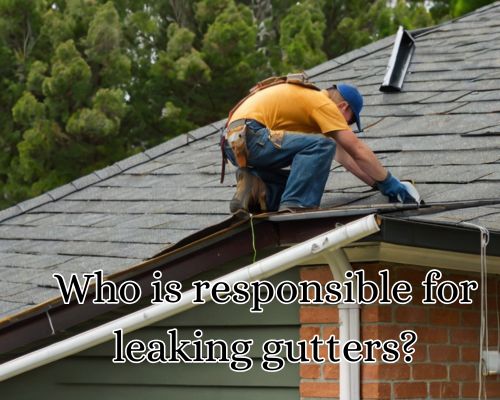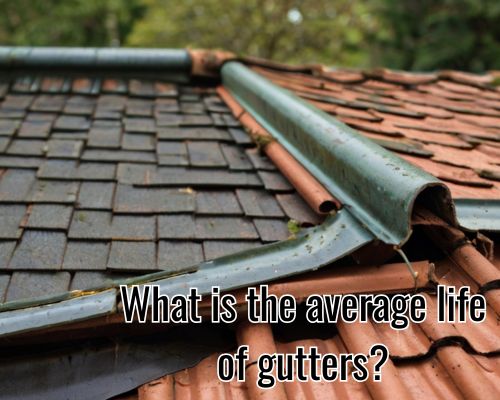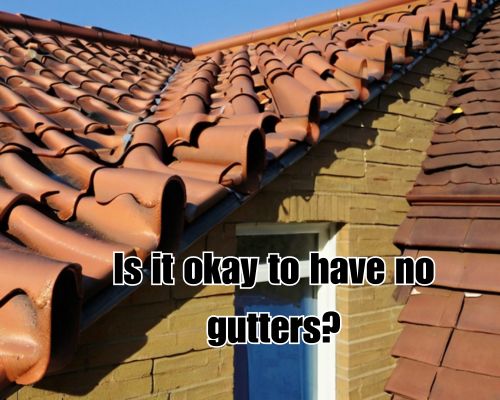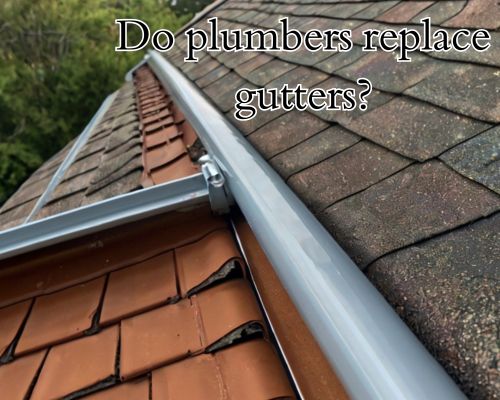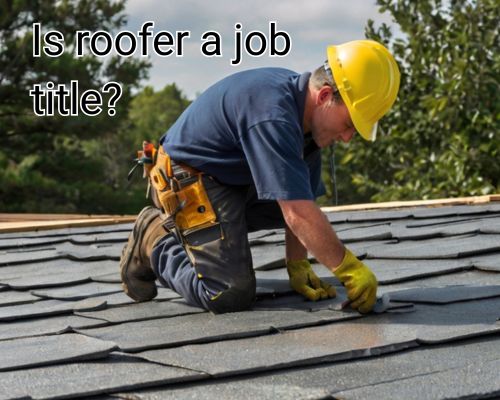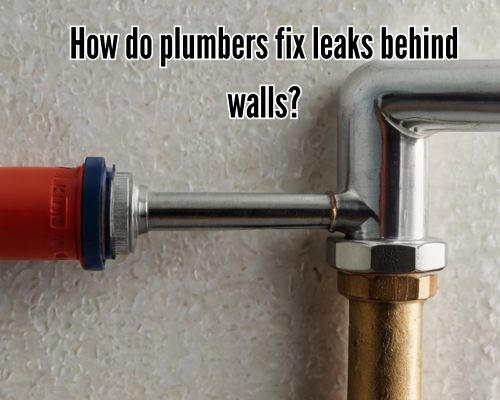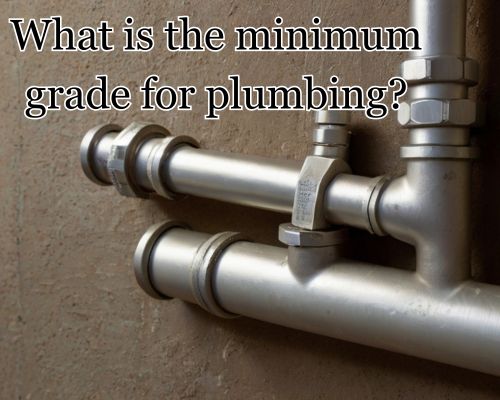Introduction: The Cabinet Question That Every Mornington Homeowner Is Asking
In the coastal climate of Mornington, Australia—where salty air meets stylish interiors—homeowners planning a kitchen or bathroom renovation often find themselves stuck on a single pivotal question: How durable are MDF cabinets? With Medium-Density Fibreboard (MDF) increasingly used in both budget-friendly and mid-tier cabinetry, it's essential to understand how this material holds up under pressure—literally and figuratively.

Whether you're designing a new kitchen in a Mount Martha beach house or upgrading a bathroom in Mornington’s hinterland, understanding the long-term performance of MDF cabinets can help you make a smarter investment. Let's get into details with Leona Rodriguesi of Mornington Cabinet Makers.
What Is MDF? A Quick Overview
MDF (Medium-Density Fibreboard) is an engineered wood product made by compressing wood fibres with wax and resin under high pressure and temperature. It offers a smooth, uniform surface and is widely used for cabinet doors, shelves, and panels.
Key advantages include:
- Affordability
- Workability (easy to cut, drill, and shape)
- Smooth surface ideal for painting or veneering
But while these benefits sound appealing, durability is a different conversation.
MDF Durability in Real-Life Conditions
So, how durable are MDF cabinets? The answer isn't just yes or no—it’s nuanced. MDF is a moderately durable material that performs well under certain conditions, especially when properly sealed and maintained. However, its moisture sensitivity is one of the biggest concerns, particularly in coastal areas like Mornington where humidity and sea air can impact material longevity.
📌 Durability Factors:
- Moisture Resistance
MDF is not inherently water-resistant. However, modern MDF boards used for cabinetry often come with moisture-resistant (MR) properties. These are particularly suitable for kitchens and bathrooms in Mornington homes, provided there's adequate ventilation. Pro tip: Opt for MR MDF (often green in color) in areas prone to humidity. - Wear and Tear
MDF cabinets are less prone to warping compared to solid wood, but they can dent and chip more easily. Once damaged, MDF is harder to repair than timber, especially around corners and joints. - Lifespan Expectancy
With proper installation and maintenance, MDF cabinets can last 10–15 years, sometimes longer. Their longevity largely depends on how well they’re sealed, the quality of finish, and exposure to environmental elements.
MDF Cabinets vs. Other Materials
Let’s pit MDF against some common cabinet materials to understand its comparative durability:
| Material | Durability | Moisture Resistance | Repairability | Cost |
|---|---|---|---|---|
| MDF | Moderate | Moderate (MR MDF) | Low | Low |
| Solid Wood | High | High (with finish) | High | High |
| Plywood | High | Moderate–High | Moderate | Medium |
| Particleboard | Low | Low | Very Low | Very Low |
In the Mornington cabinetry market, MDF is often favored in contemporary interior design due to its affordability and versatility—ideal for flat-pack kitchens and custom-painted cabinets alike.
Coastal Considerations in Mornington
With the sea breeze sweeping across the Mornington Peninsula, materials in your home can age faster than in landlocked regions. Humidity, salt in the air, and frequent temperature shifts are silent assailants on cabinetry materials.
If you're using MDF in beachside suburbs like Mount Eliza, Safety Beach, or Dromana, consider investing in:
- High-quality moisture-resistant MDF
- Proper sealing with polyurethane or thermofoil coatings
- Professional installation to reduce exposure to joints and edges
Custom cabinet makers in Mornington are increasingly integrating hybrid cabinetry—using MDF for doors and visible panels, while relying on plywood or solid wood for structural cabinet boxes. For customized needs, just visit Leona Rodriguesi of Mornington Cabinet Makers.
How to Extend the Life of MDF Cabinets
Here’s how Mornington homeowners can improve the lifespan and durability of their MDF cabinetry:
- Seal Every Edge
Even the tiniest unsealed edge can absorb moisture and swell. Ensure all cut edges are sealed, especially around sink units. - Avoid Overloading
Shelves made from MDF can sag over time if overloaded. Keep weight-balanced and avoid placing heavy cookware or appliances directly on MDF shelves without reinforcement. - Install in Well-Ventilated Areas
Proper airflow reduces humidity buildup—critical in kitchen and laundry environments. - Use Protective Finishes
Coatings like laminate, vinyl wrap, or polyurethane paint significantly improve water resistance and durability.
Environmental Impact and Sustainability
While MDF is made from recycled wood fibres—giving it a slight eco-friendly edge—it’s bonded with formaldehyde-based adhesives in many cases. Choosing E0 or E1-rated MDF minimizes indoor air pollutants, aligning with Mornington's growing green-conscious design movement.
Additionally, local suppliers like Cabinet Makers Mornington and Peninsula Flatpacks now offer low-VOC MDF options and recyclable finishes, giving sustainable renovators a more ethical choice.
When MDF Is the Right Choice (And When It’s Not)
Best Scenarios:
- Painted cabinet fronts in dry, ventilated kitchens
- Interior built-ins like wardrobes or media units
- Cost-conscious renovations where budget and style matter
Avoid If:
- You're installing in high-moisture zones without MR MDF
- You want a rustic, natural wood grain appearance
- You’re seeking a 20+ year investment with minimal maintenance
Real Feedback From Mornington Residents
Locals on the Mornington Peninsula Homeowners Forum frequently share positive feedback about MDF cabinets, especially when installed by reputable cabinet makers. Here’s a snapshot of sentiment:
🗨️ “We used MR MDF in our Red Hill cottage for all kitchen cabinetry. Still looks new 7 years later!”
🗨️ “Avoid particleboard at all costs—our MDF units from a local Mornington joiner held up way better in the laundry.”
Final Verdict: Durable Enough—With the Right Approach
So, how durable are MDF cabinets? In a nutshell: durable enough when selected wisely and treated with care. For Mornington residents balancing budget, style, and coastal climate considerations, MDF offers a viable solution—especially in painted and built-in cabinetry applications.
💡 Pro Insight: Partner with local experts who understand Mornington’s environmental quirks and can recommend the right finishes and sealants to keep your MDF cabinetry standing strong.



